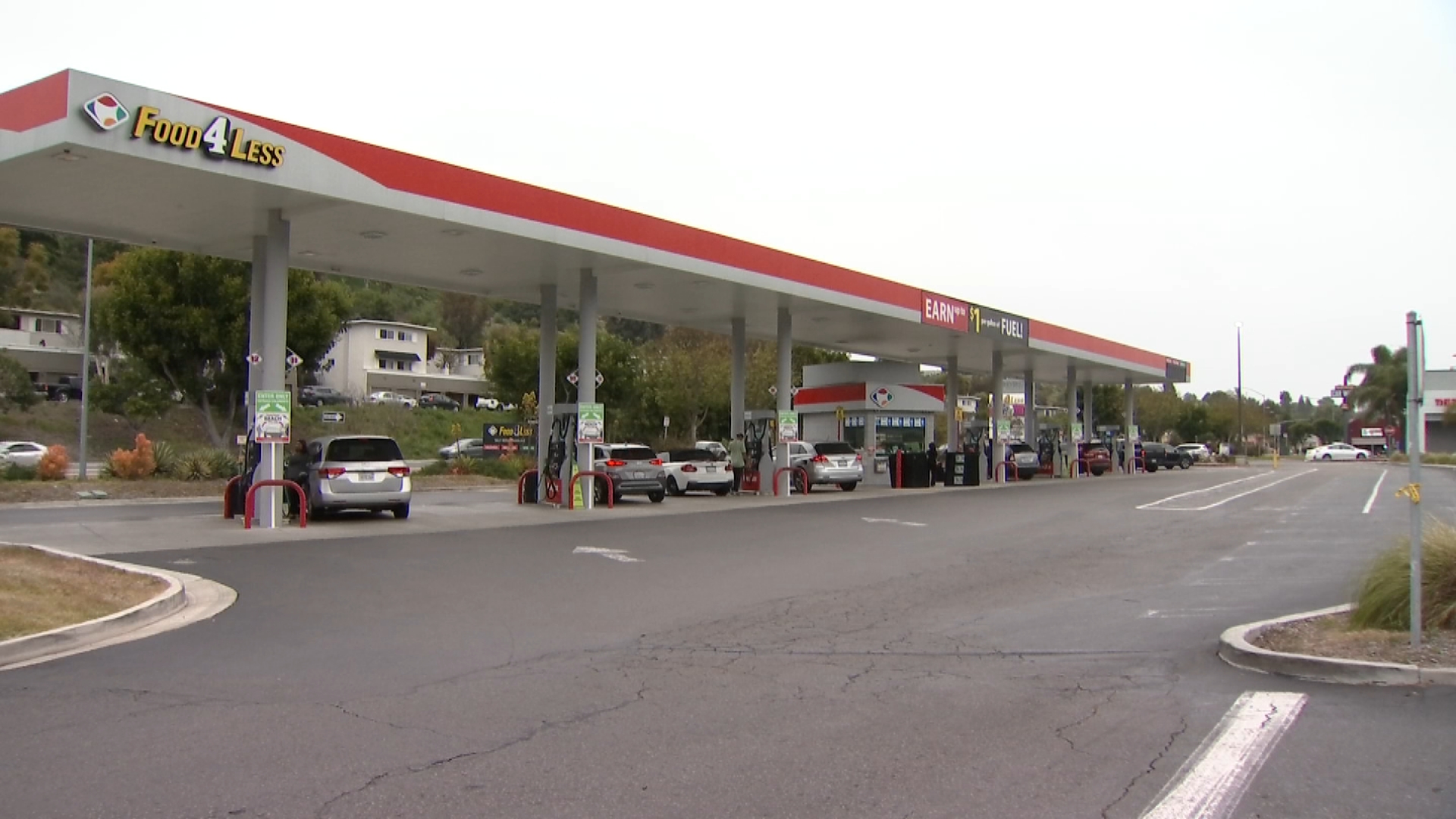San Diego’s new police chief said he will launch an investigation into an unauthorized drug enforcement incentive in the department’s Southern Division.
Chief David Nisleit described the program as not authorized and never implemented.
An email was sent to officers on March 9 with details of an incentive program aimed at motivating officers, the chief said.
The department did not officially release the details of the program or how it was to reward officers, but NBC 7 received a copy of the email. View the document here.
According to the email, a half point to two points were to be offered based on the severity of a narcotics-related bust -- narcotics citations earned a half point, misdemeanor arrests earned one point and a sale or transportation arrest was worth two, for example.
The email said that two officers with the most points by the end of the program, which was to run from March 1 to April 14, would be able to work in a specialized unit of their choice, like Area Station Investigations, Neighborhood Resource Team, Southern Night team and others.
The goal of the program, according to the email, was to:
- Motivate officers; increase productivity; gain investigation experience/narcotics expertise; help build knowledge, skills and abilities.
- Provide opportunity for officers to gain experience working in investigations or within specialized unit regardless of tenure
- Target areas with high crime activities like burglaries, 10851/459 casers, and/or street robberies
Local
When an assistant chief became aware of the program on March 10, it was stopped, the chief said.
The chief said the program was never intended to target anyone from a specific group, race or socio-economic class.
“The San Diego Police Department doesn’t have a quota system,” Nisleit said Friday. “We do not have a quota system. It is not something I will tolerate.”
Community activist Bishop Cornelius Bowser said Nisleit has the ability to make the changes necessary to change the culture within the department.
Bowser was joined by a group of community activists who believe it’s troubling that the officer who reported the email gave it to the media and not his or her supervisors. “That demonstrates there is something wrong within the police department,” Bowser said.
Co-founder of the San Diego Compassion Project, Tasha Williamson works in areas of San Diego with high levels of violence, helping families who have lost loved ones to acts of violence.
Williamson said the email from the sergeant directing police to play a game with people’s arrests should be investigated as a crime.
"The police and DA are arresting and charging people for crimes based off of their electronic communication, there should be no special treatment for violation of laws through electronic communication from police! If they only hold some accountable for breaking laws and not police the judicial system is an unjust scam!" Williamson said.
“When you get bold enough to put it paper, put it in writing and send it to 90 officers, it tells me this didn’t just start March 1,” said Hugh Muhammad, Student Minister at Muhammad Mosque number.
If you have an incentive program then it gives you more reason to pull people over without cause, Muhammad said.
Andrea St. Julian, Vice President of the Earl B. Gilliam Bar Association said her organization will not stand for an internal investigation.
“He needs to show he is serious in attacking the attitudes that gave rise to this email,” St. Julian said.
The gap that exists between communities of color and law enforcement can only be bridged with full transparency, City Council District 8 candidate Christian Ramirez said.
“The time to have accountable policing has come,” Ramirez said. “We can only do that if we have trust between the people and law enforcement.”
Genevieve Jones-Wright, deputy public defender and candidate for district attorney for San Diego County said this moment presents an opportunity to get it right with communities of color.
“I want to commend the one officer who came forward,” Jones-Wright said.
Please refresh this page for updates on this story. Details may change as more information becomes available.



